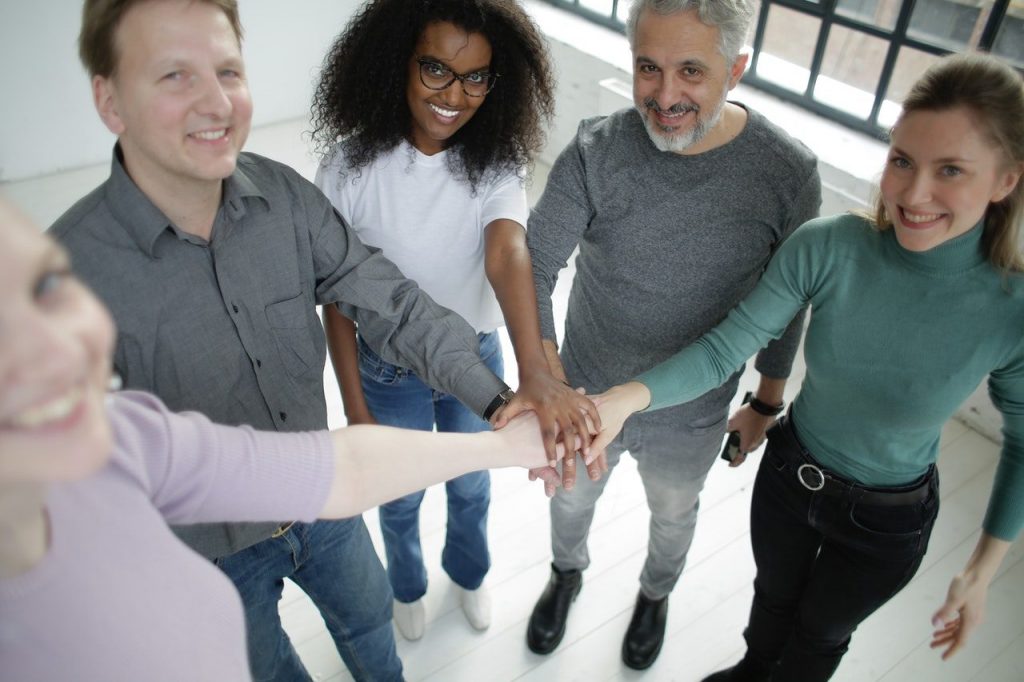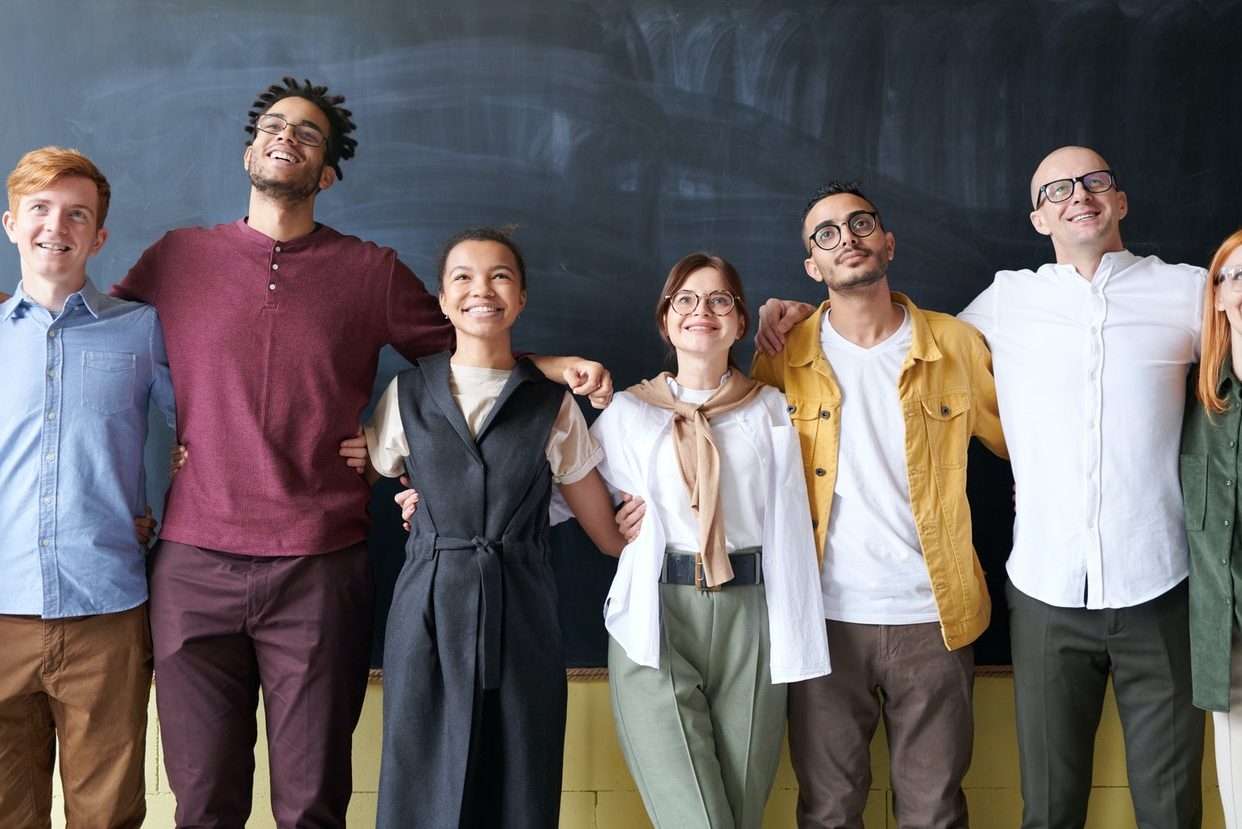Further Reading: Environment | Healthcare | Poverty | Quest for Peace

Conflict Throughout History
Human beings are allegedly the most intelligent species on the planet, and yet uniquely, we are the only species to wage war on each other. Other species may squabble and fight amongst themselves over a piece of food or to protect their territory but in general they live peacefully with one another.
Humans have populated the planet for approximately 250,000 years but war and conflict is a relatively new introduction to the lives of men, woman and children.

The earliest known conflicts happened possibly only as recently as 25,000 years ago – and more likely much more recently than that. There is no evidence of serious conflict before this time and earlier cave paintings and excavations reveal only a peaceful society.
Yet, of the past 3,400 years, humans have been entirely at peace for only 268 of them, or just 8% of recorded history.
In recorded history since 3,600 BC, over 14,500 major wars have killed close to four billion people – a staggering number that equates to almost half of the current world population.
At least 108 million people were killed in wars in the twentieth century.
War has several major effects on population, including decreasing the birth-rate by taking husbands away from their wives. The reduced birth-rate during World War II is estimated to have caused a population deficit of more than 20 million people.

Modern Global Military
Currently, the combined armed forces of the world have 21.3 million people. China has the world’s largest, with 2.4 million. America is second with 1.4 million. India has 1.3 million, North Korea 1 million, and Russia 900,000. Of the world’s 20 largest militaries, 14 are in developing nations.
But war and conflict are entirely unnecessary. The losers of any conflict are the innocent people in the middle. Usually it’s children, the sick and the elderly who are affected worst. Those who choose to pursue or even just to threaten war and conflict must be vilified as the enemies of humanity on both sides.

Children In Conflict & War
357 million children are forced to grow up in the midst of armed conflict. This atmosphere of violence has many direct negative effects on the mental health of these children – including feelings of fear, anxiety, and depression.
A contribution to the militarization of society is to socialize children into thinking violence and war are justifiable and glorious. From military, defence and weapons-industry recruitment schemes to action-hero toys, a war affected society perpetuates attitudes that are more accepting of conflict.
It is estimated that there are tens of thousands of young people under 18 serving in militias in about 60 countries. They are particularly vulnerable to all of the impacts listed above.

The Legacy Of Physical Injury
Children suffer a range of war injuries. Certain weapons affect them particularly. A landmine explosion is more likely to kill or seriously injure a child than an adult. Thousands of children suffer landmine injuries each year.
Millions of children are disabled by war, many of whom have grossly inadequate access to rehabilitation services. A child may have to wait up to 10 years before having a prosthetic limb fitted.
Children who survive landmine blasts rarely receive prostheses that are able to keep up with the continued growth of their limbs.

The Long-Term Effects Of Trauma
Children are exposed to situations of terror and horror during war – experiences that may leave enduring impacts in post-traumatic stress disorder.
Severe losses and disruptions in their lives lead to high rates of depression and anxiety in war-affected children. These impacts may be prolonged by exposures to further privations and violence in refugee
situations.
The experience of indifference from the surrounding world, or, worse still, malevolence, may cause children to suffer loss of meaning in their construction of themselves within their world. They may have to change their moral structure and lie, steal, and sell sex to survive. They may have their moral structure forcibly dismantled and replaced in training to kill as part of a military force.
Children may lose their community and its culture during war, sometimes having it reconstituted in refugee or diaspora situations.
Children born of war are commonly faced with stigma, discrimination, abandonment and infanticide. This makes them vulnerable to trafficking and ending up on the streets. The closure of schools during conflict and war results in children being pushed onto the streets.

Female Victims
Even in peacetime, women are far more likely to experience violent abuse than men – for example one out of every six pregnant women in the USA is battered during pregnancy.

Military-Industrial Complex
Governments and national leaders are often the most horrific perpetrators of violence. Torture occurs in more than 100 countries and is carried out as part of government policy in at least 40. And governments form a crucial part of the military-industrial complex that is responsible for churning out the weapons and methods of war.

Disease In War Zones
Conditions for maintenance of child health deteriorate in war – nutrition, water safety, sanitation, housing, access to health services. There may be loss of immunity to disease vectors with population movement. Refugee children are particularly vulnerable to the deadly combination of malnutrition and infectious illness. There is also interruption of population immunization programs by war which may be responsible for increases in child mortality.
Rape and prostitution for subsistence are phenomena which often occur in situations of war, ethnic cleansing, and refugee life, leaving lasting physical impacts in sexually-transmitted diseases, including HIV/AIDS, psychological impacts and changes in life trajectory.
In poor countries where children are already vulnerable to malnutrition and disease, the onset of armed conflict can increase death rates by up to 24 times – with the under-five years at particular risk. The indirect effects of war are profound, under-appreciated and preventable.
Thousands of children die each year as a direct result of armed violence, but millions more die from the indirect consequences of warfare – as a result of the disruption in food supplies, destruction of health services, water systems and sanitation.

Environmental Devastation
In addition to having awful consequences for people and their civilizations, modern warfare also causes terrible environmental damage. These include the destruction caused by conventional weapons, effects of the military use of poisonous gases and herbicides, and petroleum spills.
Some animals have been brought to the brink of extinction through warfare. For instance, the last wild Pere David’s deer (Elaphurus diavidianus ) were killed during the Boxer War of 1898-1900 in China. The European bison (Bison bonasus ) was almost rendered extinct by hunting during World War I to provide meat for troops.
During the 1991 aerial campaign over Iraq, the US utilized approximately 340 tons of missiles containing depleted uranium (DU). Water and soil may be contaminated by the chemical residue of these
weapons, as well as benzene and trichloroethylene from air base operations.

Erosion Of Law
More recently, warfare has led to lawlessness in much of Africa, allowing well-armed gangs of poachers to cause white rhinos (Ceratotherium simum ), black rhinos (Diceros bicornis ), elephants (Loxodontia africana ), and other species to become critically endangered over much of their range. These animals are hunted for their horns, tusks, and other valuable body parts.
Here at The Wisdom Trust, our vision is to help create a new global ‘better informed’ society where the human race acts as one in celebration of our many diverse cultures and communities.
We need to combine our collective expertise to pursue peaceful and willing co-operation in order to help make the world a better, safer, happier and more sustainable place to live for everyone.
This should include joint initiatives on every continent so we can make the right decisions to care for our planet and to care for each other, wherever we live.
Click below for some more information about The Wisdom Trust’s Quest For Peace.
Further Reading: Quest for Peace

What Will We Do?
A) Learn And Collaborate Together.
The Wisdom Trust will use its online learning resources and The Wisdom Trust Community, together with a series of seminars, workshops and other events, to increase awareness about the big issues affecting the future of our planet.
B) Understand How We Can All Make A Difference.
We will also provide hundreds of simple ways in which people of all ages and backgrounds can help make a difference with small changes in their own activities to help protect the environment and to live a healthier lifestyle.
C) Provide Funding To Help Protect Our Environment.
We will make donations from our funds to support charitable causes which promote our key objectives and we will work with any organisations or individuals that help create better friendship, goodwill and understanding across all borders.
Our goal is to contribute as much time, effort and resources as we can to support programs which help to build bridges for more positive contact between different communities and which lay the foundations for a more peaceful society.

D) Connecting Different Communities Across The Globe.
We will also strive to help people embrace and celebrate the rich and colourful tapestry of contrasting societies and communities that inhabit our planet and to assist different communities in connecting with each other so they can collaborate in a process of learning about each other.
This, we hope, will lead to collaboration in a process of learning about each other so that we can all be stronger together.
E) Working Together To Make Things Better.
The Wisdom Trust is committed to working effectively with other individuals and organisations to help fund programs which assist in fostering better understanding across different communities so that future generations can live in a safer, happier and more secure world.

Will you rise to the challenge?
Join Our Campaign!
We will make a difference and in just a few click of your mouse you too could be playing your part in helping to make the world a better place for everyone, regardless of age, background, religion, race or culture – or even where they live.
Get Involved Today: Click Here To Sign Up

How Can You Help
Members can offer their support by signing-up, then a) logging in every day; b) voting for their favourite cause; c) learning and sharing wisdom in the Wisdom Community; d) perhaps even shopping online through the website; e) spreading the word by inviting all their friends, family and colleagues to join us; f) and by contributing their own personal Pledge For Peace on our website.
By joining the Wisdom Trust as either a member or as one of our registered charitable causes, you become part of a network that is creating positive change right across the globe, for underprivileged individuals, groups and the sustainability of our planet by unlocking the collective power of wisdom and knowledge for all.

Join Us Today!
Joining The Wisdom Trust is very simple and completely free for both individuals and organisations.
We will make a difference and in just a few click of your mouse you too could be playing your part in helping to make the world a better place for everyone, regardless of age, background, religion, race or culture – or even where they live.

The Wisdom Trust – Making It Happen!!
Supporting Charities, Families, Education, Communities and Business.
Start Small! – Think Big! – Make A Difference
Helping you LIVE with a bit more Wisdom.
Learn | Inspire | Volunteer | Empower
